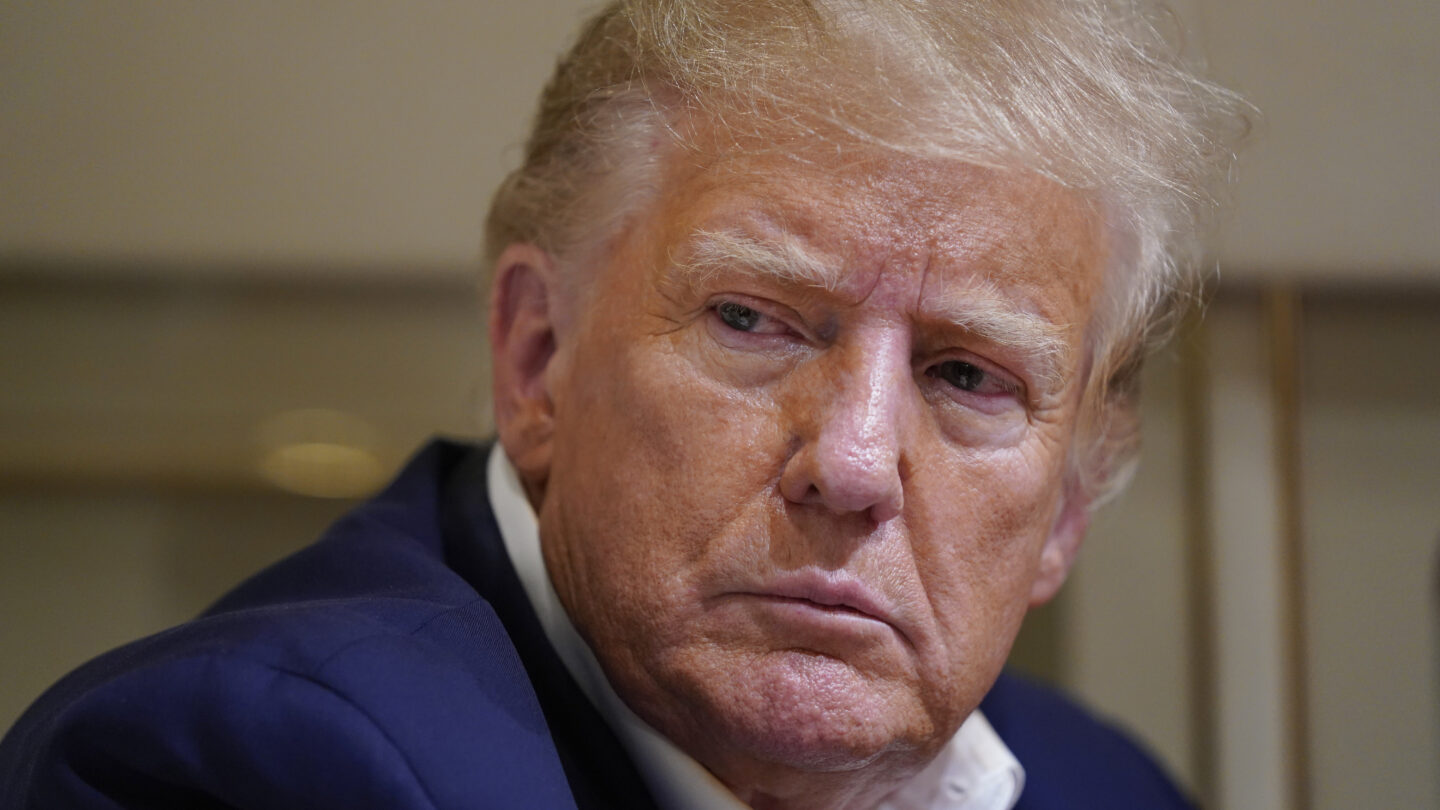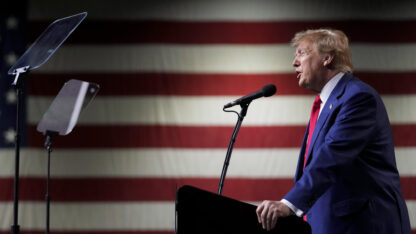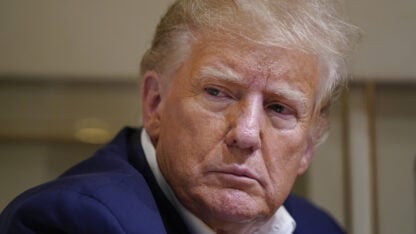Special counsel Jack Smith asked a judge on Wednesday to bar Donald Trump’s lawyers from injecting politics into the former president’s trial on charges that he schemed to overturn the results of the 2020 election.
Smith’s office told U.S. District Judge Tanya Chutkan in a 20-page filing that Trump’s lawyers should be prevented from “raising irrelevant political issues or arguments in front of the jury,” including that the prosecution against him is vindictive and selective or was coordinated by President Joe Biden.
“In addition to being wrong, these allegations are irrelevant to the jury’s determination of the defendant’s guilt or innocence, would be prejudicial if presented to the jury, and must be excluded,” prosecutors wrote.
The motion to preclude Trump from introducing broad categories of arguments is a way for prosecutors to try to set parameters on what information they believe the jury should, or should not, hear when the case reaches trial. It was filed as the case is effectively on hold during an appeal of the former president’s claims that he is immune from prosecution for acts taken while in the White House.
The Supreme Court declined last week to get involved in the dispute for now, but a federal appeals panel is set to hear arguments on the matter on Jan. 9. The trial is scheduled for March 4 in federal court in Washington, but it could be postponed by appeals of the immunity issue.
Trump’s lawyers had earlier asked Chutkan to dismiss the case on the grounds that the indictment was vindictive and selective. In their motion Wednesday, prosecutors said that request should not only be denied but Trump’s lawyers should be prohibited from making that argument to a jury during the trial.
“Although the defendant is entitled to cross-examine the Government’s law enforcement witnesses about matters fairly within the scope of their direct testimony, he cannot raise wholly irrelevant topics in an effort to confuse and distract the jury,” prosecutors said. “Much as the defendant would like it otherwise, this trial should be about the facts and the law, not politics.”
The motion also seeks to prevent Trump from telling jurors about the potential punishment he could face if convicted, as well as blaming law enforcement agencies for a lack of preparation in advance of the Jan. 6, 2021, riot at the U.S. Capitol, when Trump loyalists motivated by the then-president’s false claims of voter fraud stormed the building in an effort to disrupt the certification of electoral votes.
“A bank robber cannot defend himself by blaming the bank’s security guard for failing to stop him,” prosecutors wrote. “A fraud defendant cannot claim to the jury that his victims should have known better than to fall for his scheme. And the defendant cannot argue that law enforcement should have prevented the violence he caused and obstruction he intended.”
Though Trump’s state of mind as he sought to overturn the results of the election he lost to Biden will be a pivotal question for jurors, prosecutors said defense lawyers should not be permitted to elicit speculative testimony from witnesses about his thoughts or beliefs.
And they also said he should not be permitted to introduce any evidence about alleged foreign influence in the 2020 race, saying it would be an “irrelevant and confusing sideshow.”









